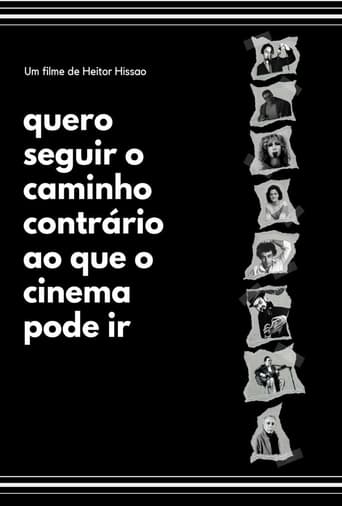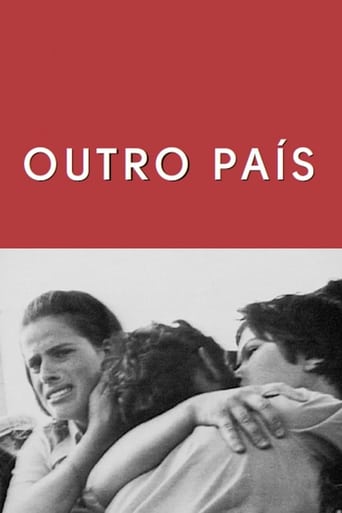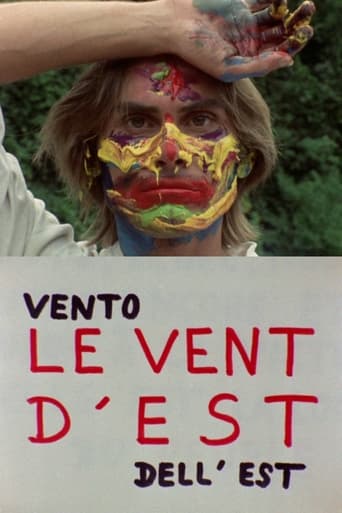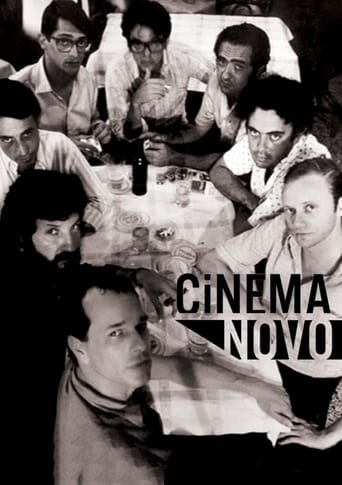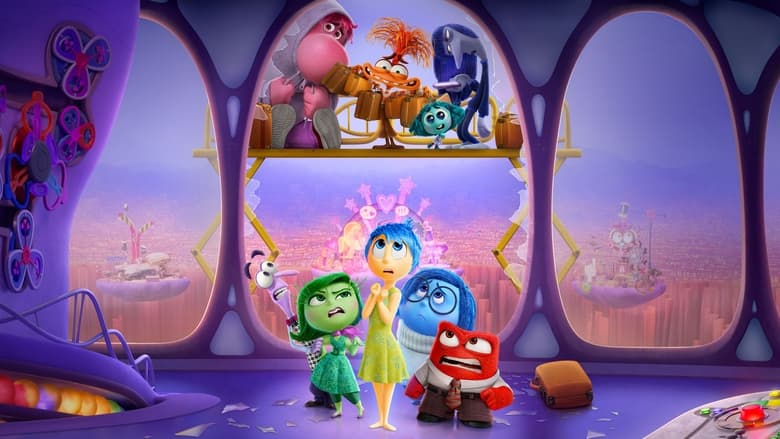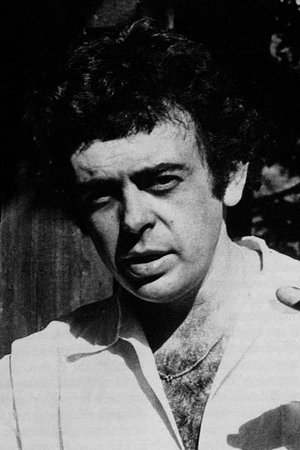
Glauber Rocha
Birthday: 1939-03-14
Place of Birth: Vitória da Conquista, Bahia, Brazil
Synopsis
Glauber Rocha’s avant-garde films depict Brazil’s history and upheavals in its social and political scene in a stylized, often violent manner. He began his career as a journalist and film critic, and his first short film, Pátio (1959), caught the attention of critics and prompted his rise to fame. He studied Law. He also directed theatre pieces, wrote movie critics and took part in the creation and development of the Cinema Novo (New Cinema) movement in Rio de Janeiro, becoming its theoretical leader and first embassador in Europe. After Barravento (1962), Black God, White Devil (1964), Entranced Earth (1967) and Antonio das Mortes (1969), he won various international prizes. As he symbolized the feelings of the ideology of May 1968, he became very popular in Europe and America. Rocha was at odds politically with Brazil’s rulers, and his conflicts with Brazilian authorities led to his leaving the country in 1970. He filmed in Africa, Spain and Portugal, and returned to Brazil in the late 1970s, where he also hosted the popular politics TV show Abertura. His last film was the controversial The Age of the Earth (1980).
Acting
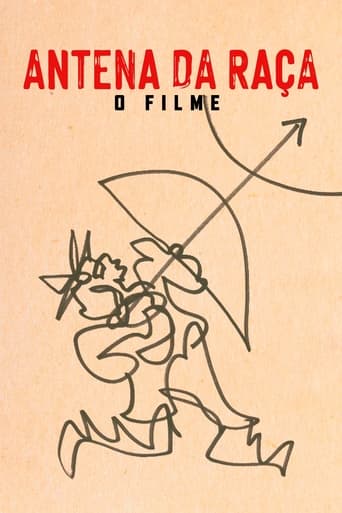
Race Antenna
as Self (archive footage)
In 1979, while Brazil was going through the troubled moment of the Amnesty Law, Glauber Rocha directed the program Abertura for TV Tupi, in which he interrogated a contradictory and boiling Brazil head-on, full of utopias but always under the weight of secular wounds.
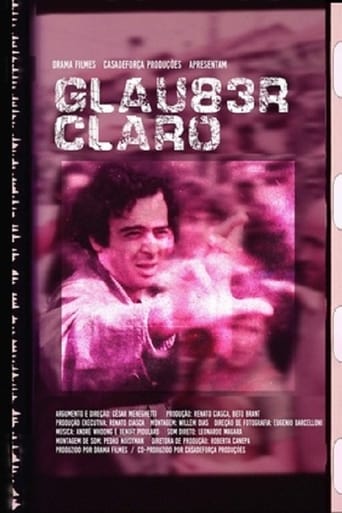
Glauber, Claro
as Self (archive footage)
A deep dive into Glauber Rocha's years exiled in Italy in the 70s. Through a collection of interviews and archives, the movie shows the making of his film Claro (1975) and his relation with European auteurs in their filmic and political views.
![]()
Another Country
as Self
The Portuguese Revolution (1974-75) seen through the eyes of some of the most important photographers and filmmakers that witnessed the event. Their dreams and expectations and what came out of the revolution. With outstanding historical footage.
![]()
Wind from the East
as (uncredited)
A politically oriented film in which images suggestive of a mock western are accompanied by an attack on all cinematic conventions to date and a debate on the nature and possibility of revolutionary cinema.
![]()
Improvised and Purposeful: Cinema Novo
as Self
Originally produced for German TV, Improvised and Purposeful is a firsthand look at the "Cinema Novo" movement (otherwise known as the 'Brazilian New Wave'). Director Joaquim Pedro de Andrade focuses on six Cinema Novo filmmakers working in Rio in 1967.

